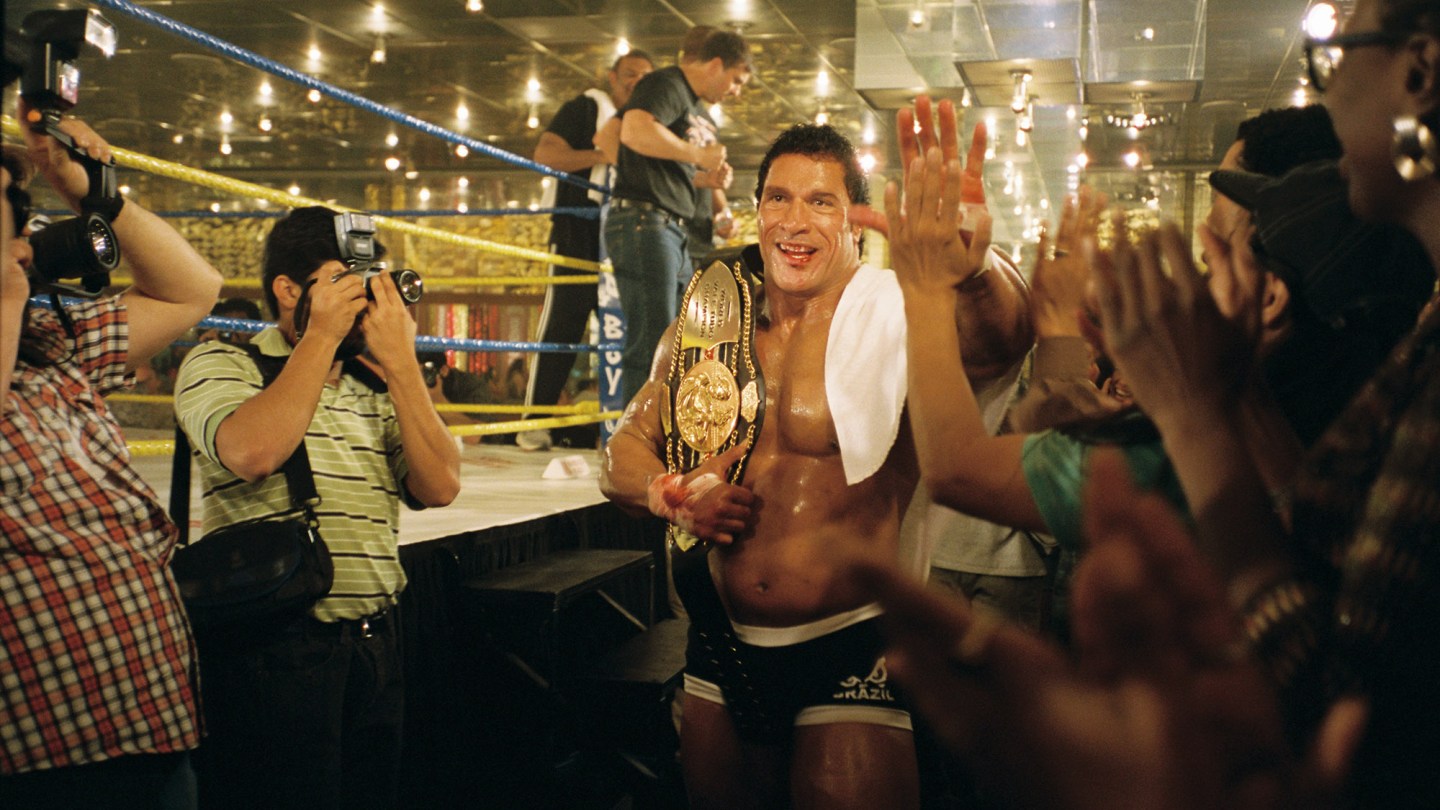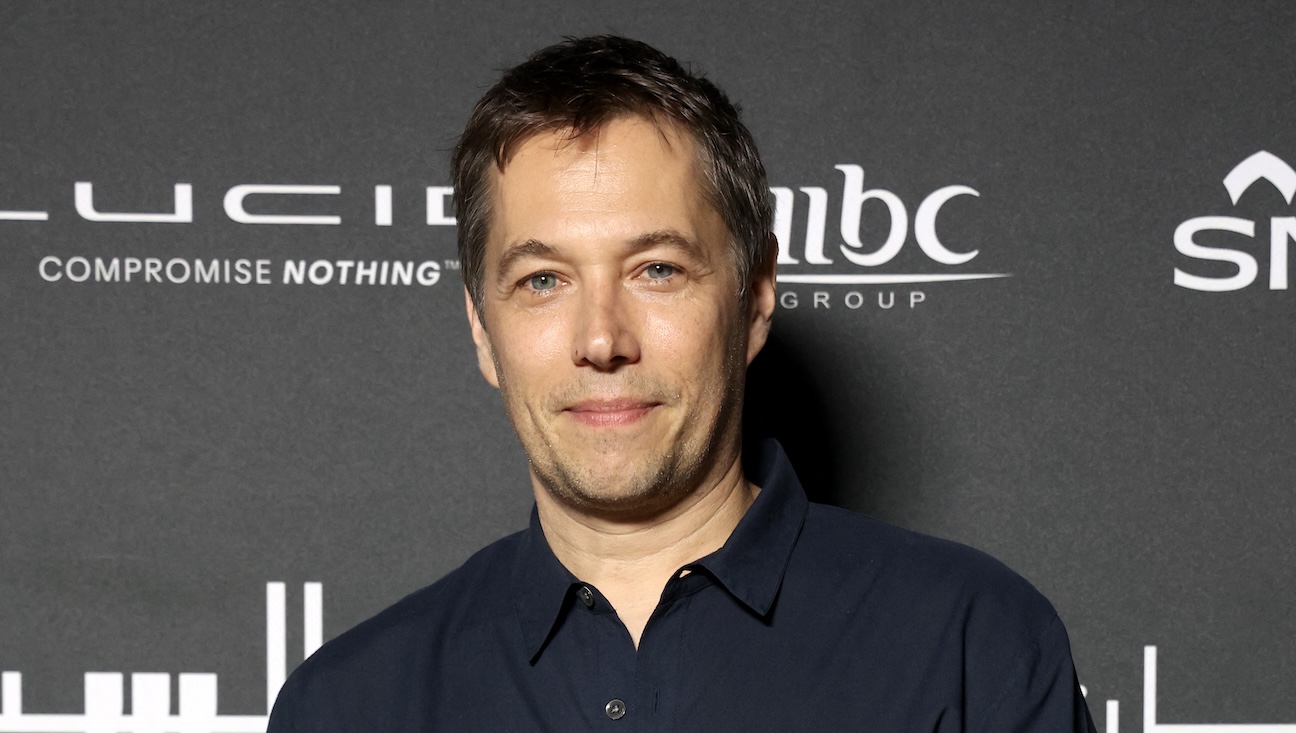Paul Schrader is defending the use of AI in creating movies and predicts we’re only a couple years away from the first film made entirely with the technology.
The 79-year-old writer-director tells Vanity Fair that he’s been working on a script that would be ideal for the first all-AI project.
“I think we’re only two years away from the first AI feature,” the Taxi Driver screenwriter declared. “I was just on the phone with someone today about a script I had, and I said, “You know, this would be a perfect script to do all AI … It’s just a tool. When you’re an author, you have to describe someone’s reaction. You use a code — you use a code of words, a certain number of letters and so forth, and you [describe] their facial reaction. An actor has their own code. Well, [with AI] you’re a pixelator, and you can create the face, and you can create the emotion on the face, and you can sculpt it the same way an author sculpts the reaction in a novel or a story.”
Schrader has recently made waves by candidly reviewing some films on Facebook. Regarding One Battle After Another, he wrote, “Filmmaking at level A+, but try as a might I couldn’t muster up an ounce of empathy for [stars] Leo D’Caprio or Sean Penn. I kept waitng for them to die. (Penn’s performance , however, is a masterclass in peacock acting.) What held me in my seat for the better part of two hours was [director] PT Anderson’s Joy of Filmmaking.”
Yet Schrader noted that AI might make for superior film criticism given the technology lacks a human bias. Asked if he would read a review written by AI, he replied, “AI is taking over film coverage, as you must know. AI does better coverage than the average coverage. And AI doesn’t have to favor anybody. Often, when you’re doing coverage, you get a hint that the person who’s paying you wants you to like this. You can’t give that information to AI.”
It’s a bit unclear if Schrader was referring to everyday film critics or to studios and agencies using AI for script coverage. But the comments follow up on a Facebook post by Schrader a couple months ago, when he wrote: “It should be fairly simple to program chatgpt to review a new film in the manner of, say, [Pauline] Kael, [Andrew] Sarris or [Manny] Farber. Chatgpt would need simply watch the film, read every review written by the designated critic, see every film the designated critic reviewed, see every previous film made by every talent (directors to actors to prod designers) in the new film, watch every film in the new film’s genre, read every review written about those films and read all other reviews of the new film. That should take chatgpt about 30 seconds.”
One wonders, naturally, what the likes of the late New Yorker critic Kael — or, say, Roger Ebert, for that matter — would think of the idea of a robotic technology attempting to replicate their voice while reviewing movies. It’s a rather ghoulish, Black Mirror-esque concept, to be sure.
Also, the idea of AI giving a movie a perfectly balanced review, generated to have no biases … it raises a question: Is that actually ideal? Rotten Tomatoes already generates an aggregate of reviews to give a generic meta-impression of a film that’s arguably made more accurate by using a blend of hundreds of reviews and the result is rather dull: A number and a single-paragraph description. But isn’t part of the appeal of reading film reviews that the critic is a single human voice, both smart and flawed, giving their specific take, bringing their own history of experience and feelings, that one can either wholeheartedly embrace, or vehemently reject? When it comes to critiquing art, biases are arguably a feature, not a bug.





